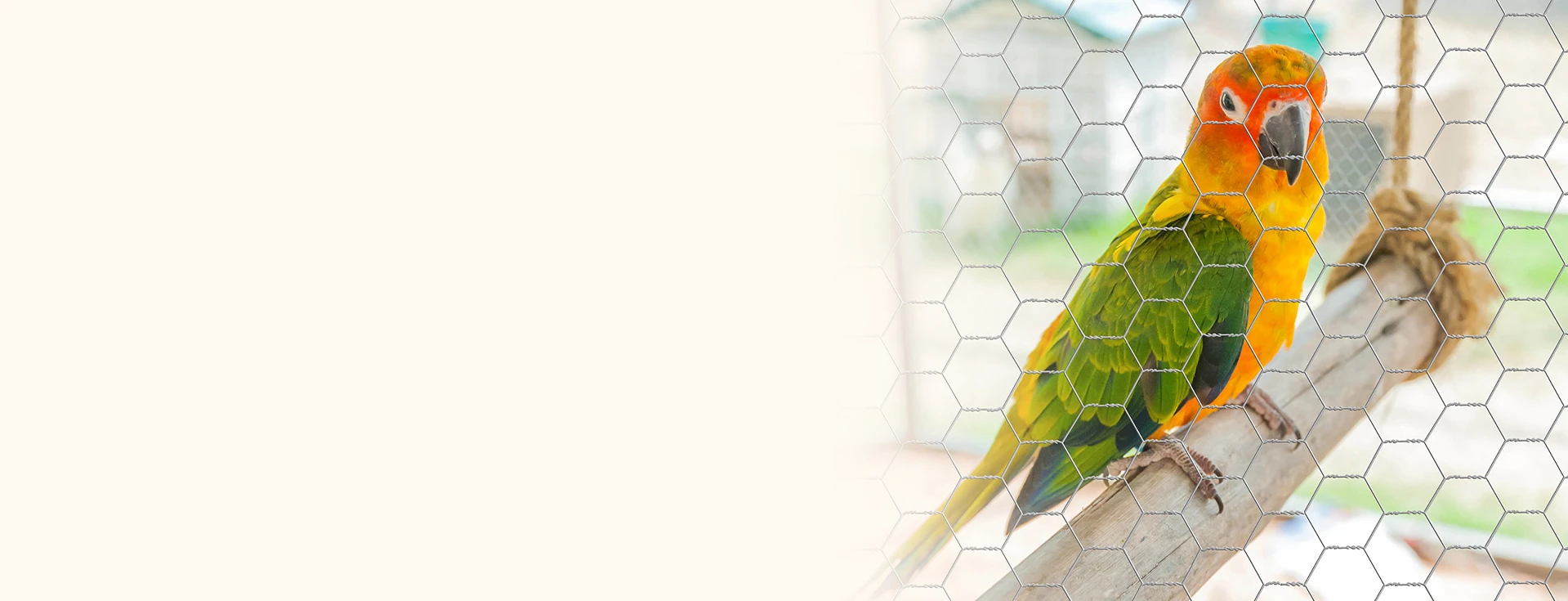

Wire mesh offers a versatile and durable solution for various fencing needs, catering to a wide range of applications. Available in different types of mesh wire fencing, it can suit everything from agricultural to industrial uses, providing both security and aesthetic appeal. Purchasing wire mesh wholesale allows for significant cost savings, especially for large-scale projects. Additionally, we wire mesh suppliers offer extensive options and expertise, ensuring customers find the ideal product tailored to their specific requirements, whether it be for residential, commercial, or specialized purposes.
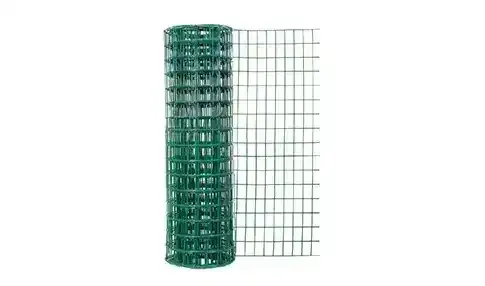
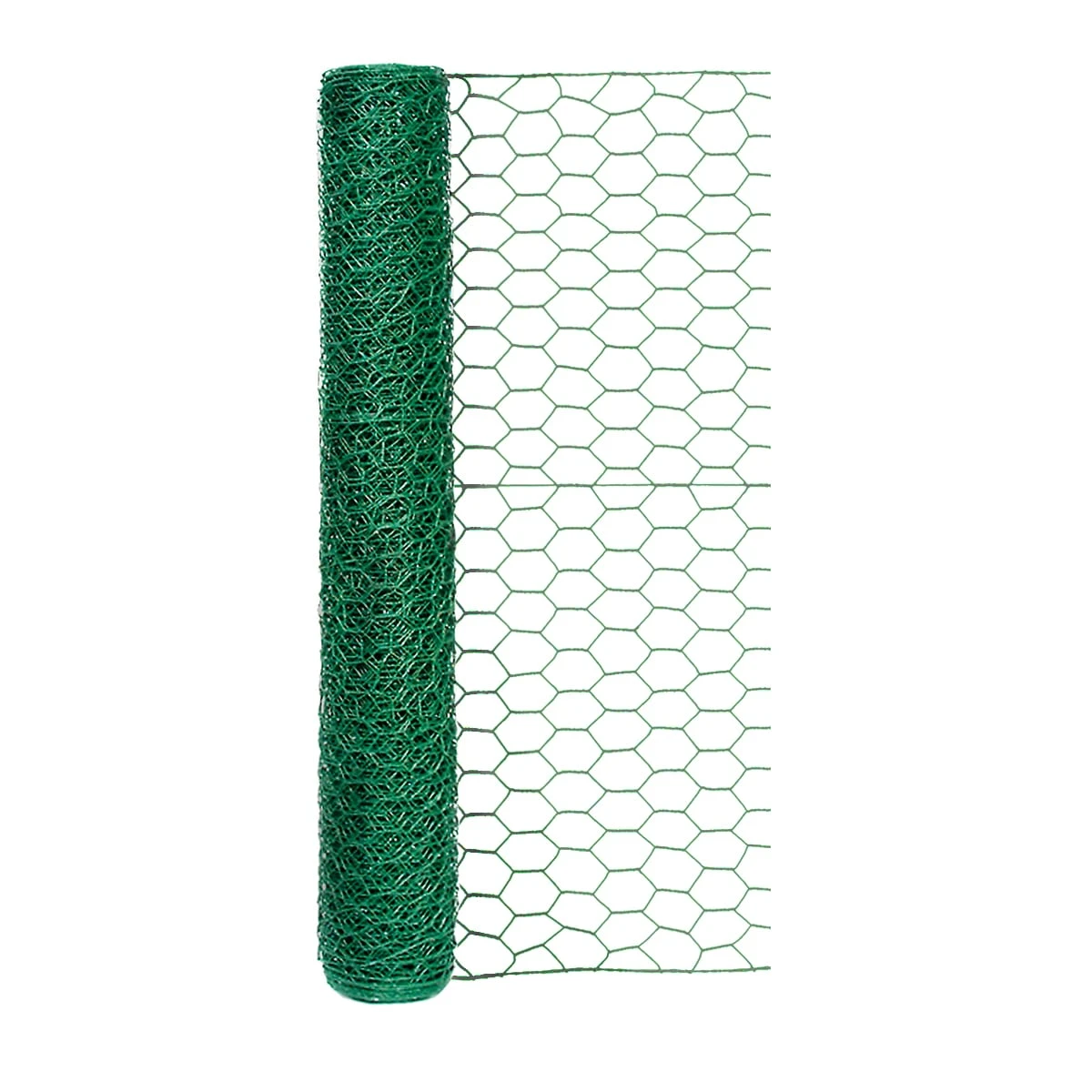
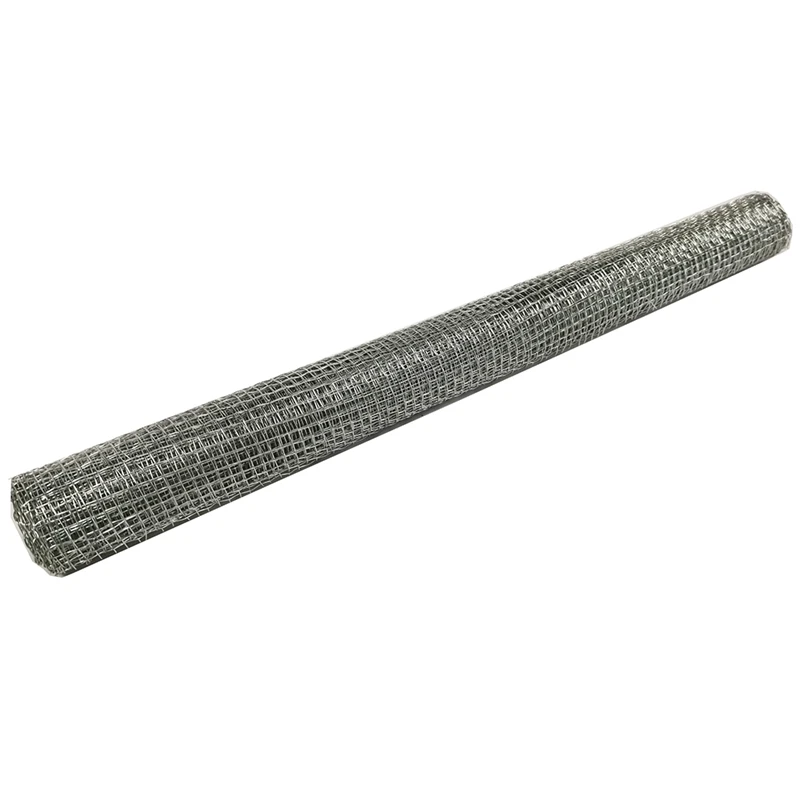
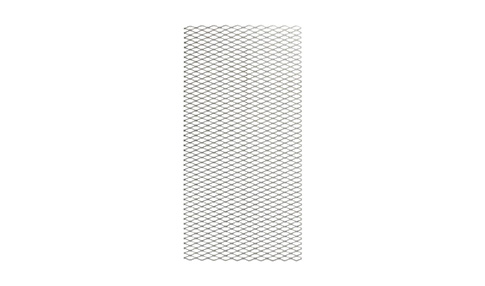
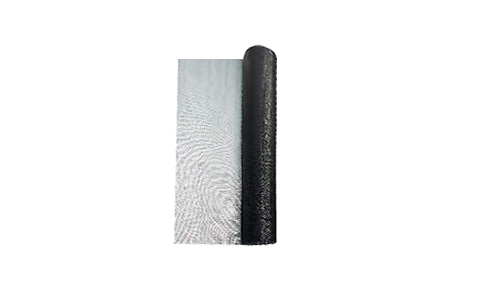
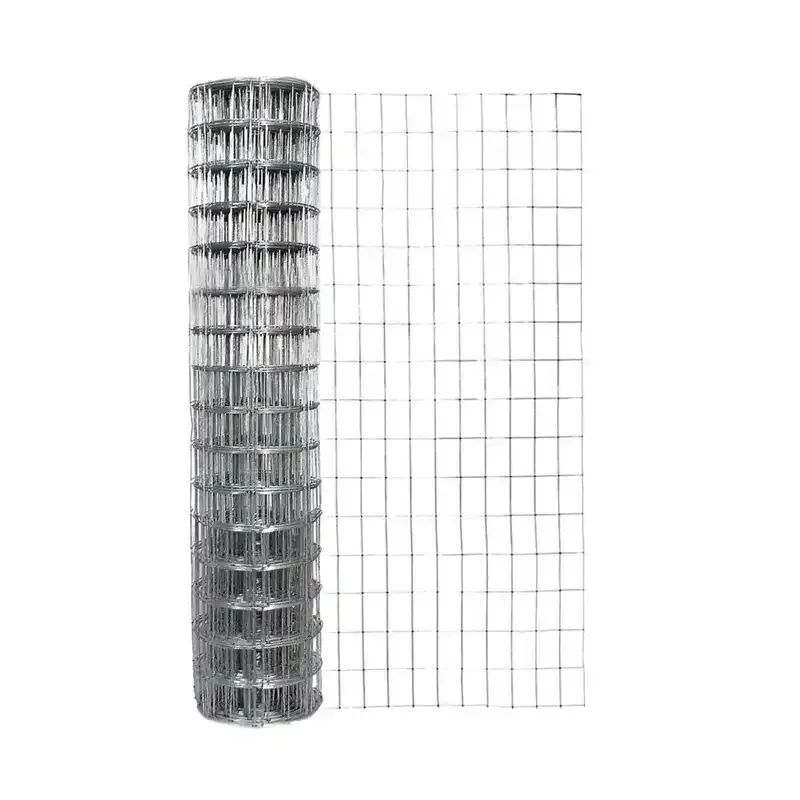
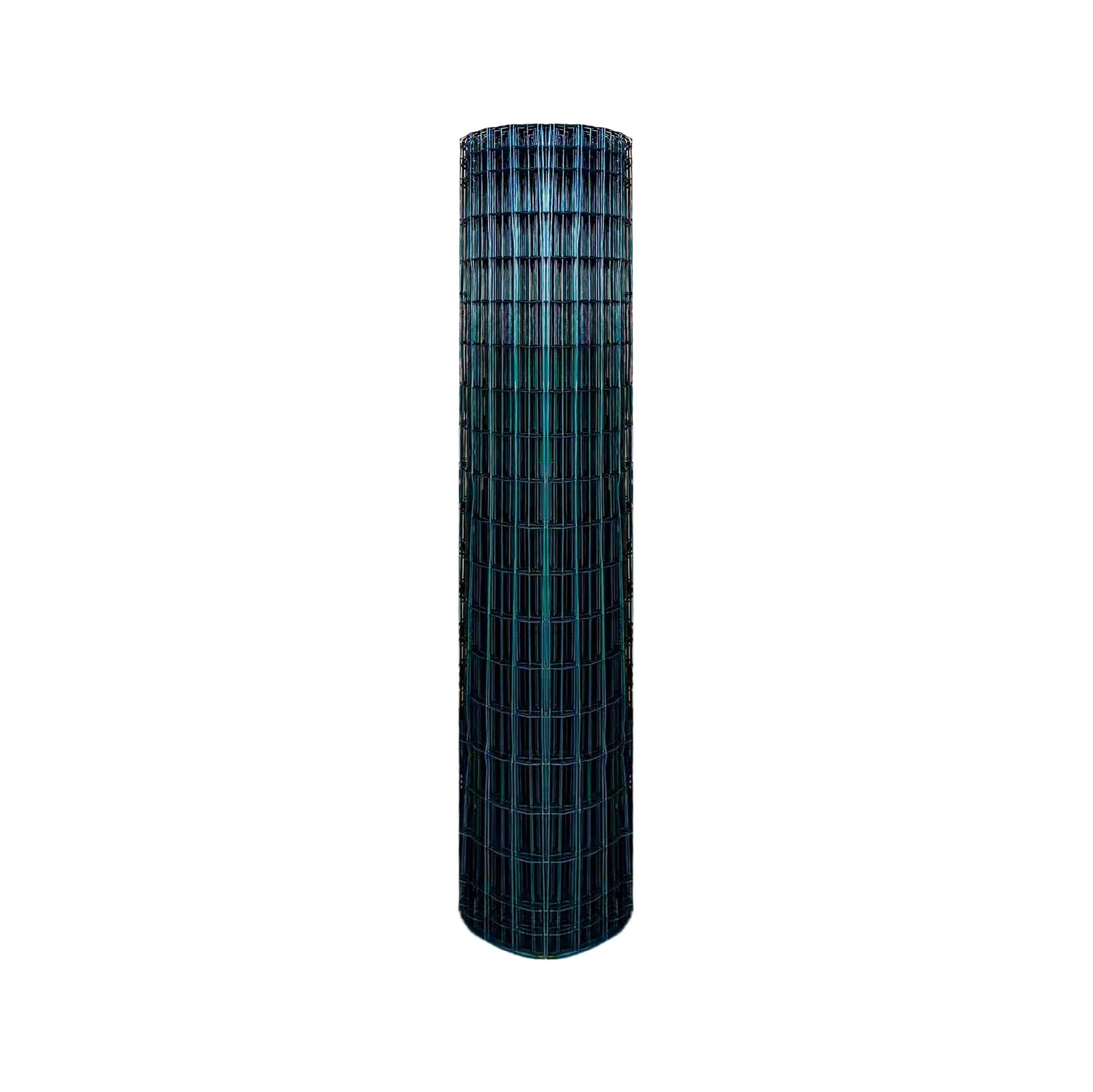
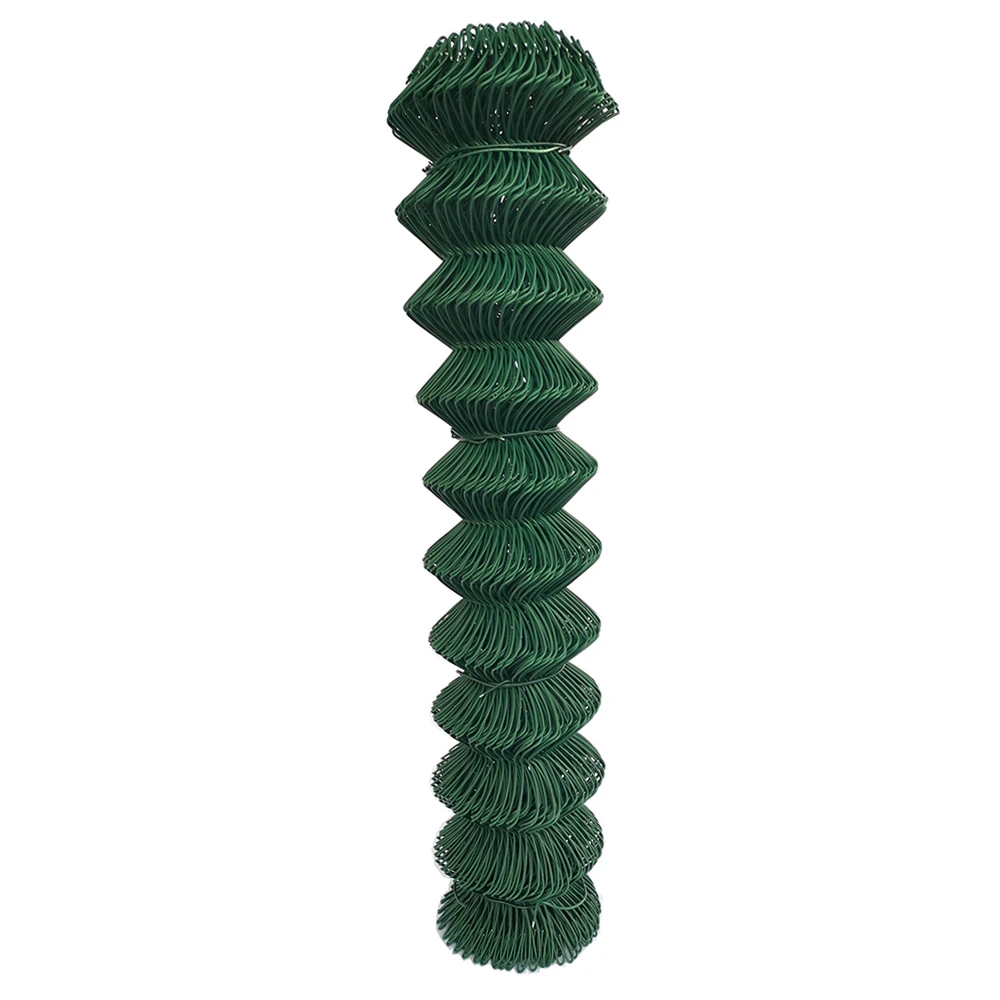
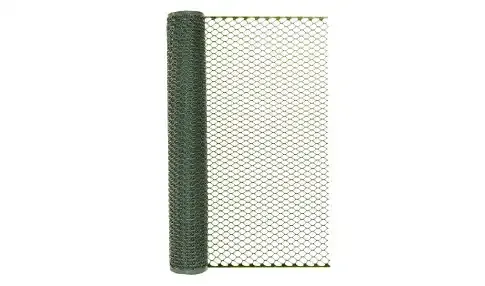
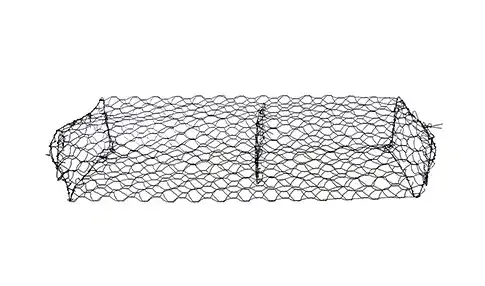
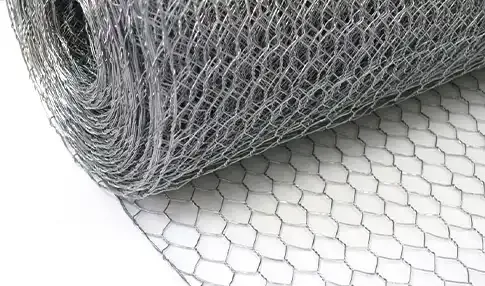

Wire mesh is an incredibly versatile and durable material that meets the needs of a wide range of projects and industries. Whether you’re in construction, gardening, pest control, animal enclosures, or home renovation, metal wire fence offers practical and efficient solutions. Explore the many uses of wire mesh and see how it can enhance the quality and functionality of your work.
When it comes to wire fencing, understanding the different wire mesh sizes is crucial in determining the fence's suitability for your specific needs. Mesh sizes are typically denoted by the number of openings per linear inch, with smaller numbers indicating larger openings and larger numbers indicating smaller openings.
One common mesh size is the 1x1 wire mesh panel, which consists of one opening per linear inch in both the horizontal and vertical directions. This size is often used in applications where a fine mesh is needed, such as for insect or bird control.
For stronger fencing applications, a 14 gauge wire mesh is recommended. The gauge refers to the thickness of the wire, with lower gauge numbers indicating thicker wire. A 14 gauge wire mesh is durable and can withstand heavy pressure, making it ideal for security fencing.
When it comes to chicken wire, the mesh sizes can vary depending on the height of the fence. A 1.2 m chicken wire typically features smaller openings suitable for keeping chickens and other small animals contained, while a 1.8 m chicken wire may have larger openings for broader applications.
In addition to wire thickness and mesh size, the type of coating on the wire can also impact the effectiveness and longevity of the fence. For example, a 12 gauge vinyl-coated welded wire fencing offers added protection against corrosion and rust, ideal for outdoor installations.
For specific applications such as agricultural fencing or construction projects, the mesh sizes may vary. A 100mm mesh or 100x100 mesh is commonly used for general fencing purposes, while a 10mm mesh or 10mm steel mesh is more suitable for finer applications.
When selecting wire fencing, factors such as gauge, mesh size, and coating should all be taken into consideration to ensure the fence meets the desired requirements. Whether you need a sturdy 10 gauge fence wire for security or a versatile 12 gauge wire mesh for multi-purpose use, understanding the different mesh sizes is essential in choosing the right wire fencing for your project.
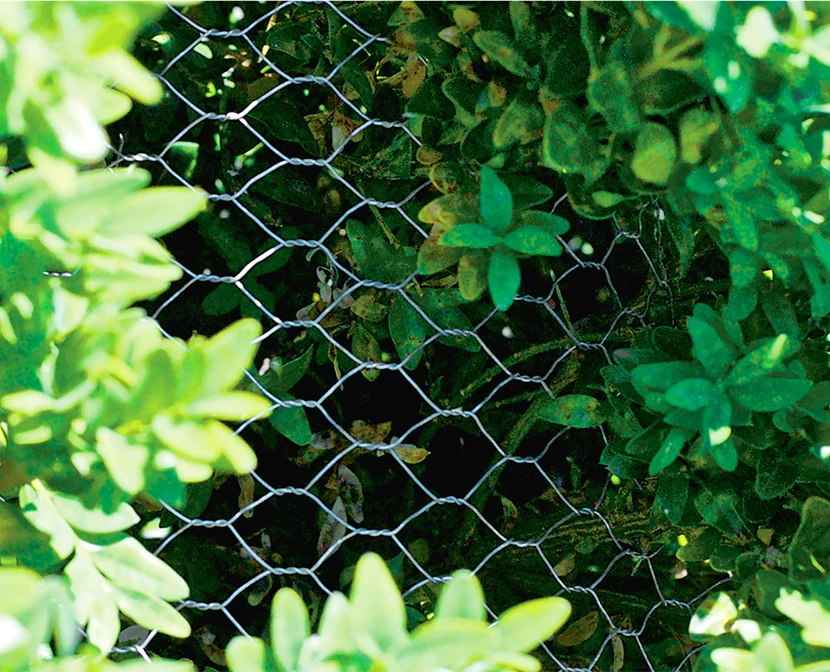
Copyright © 2025 Hebei Minmetals Co., Ltd. All Rights Reserved. Sitemap | Privacy Policy